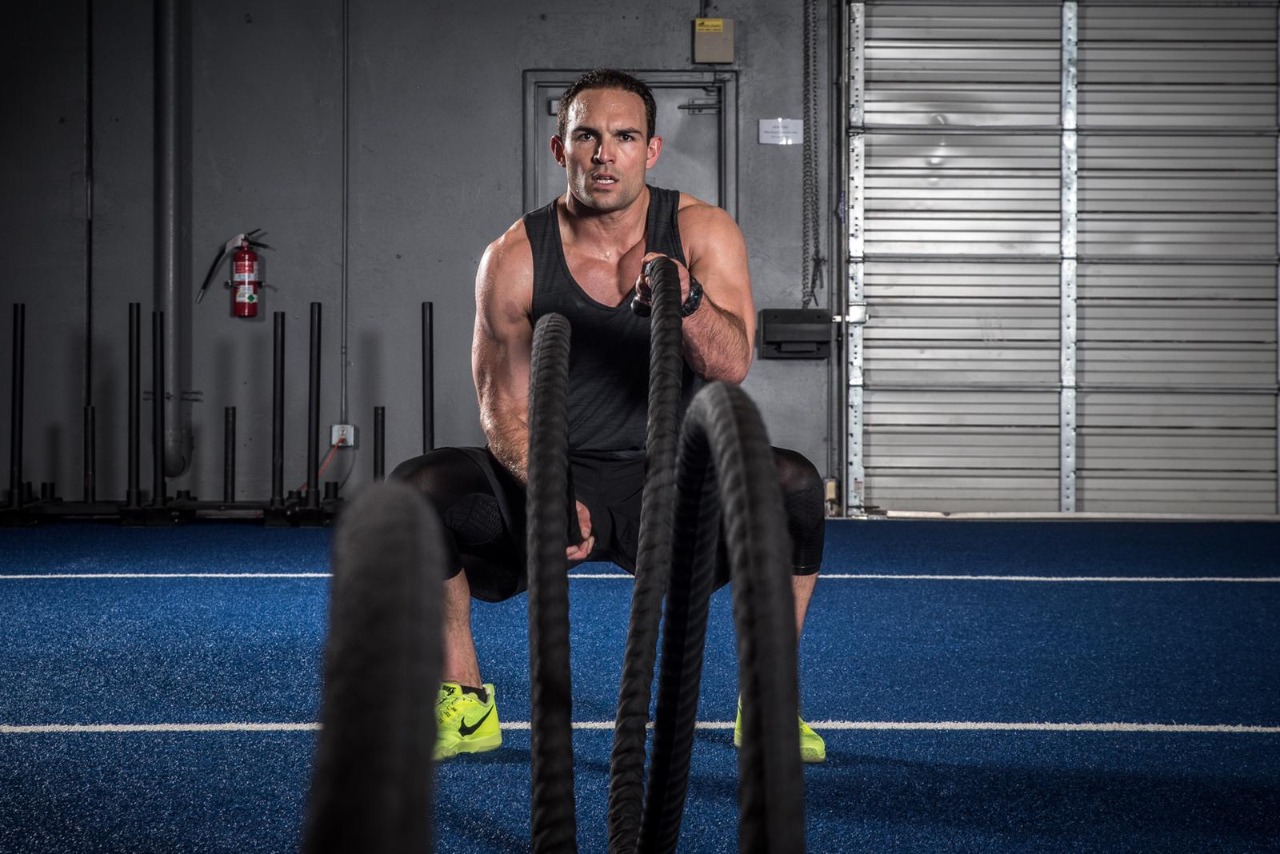Physical inactivity is a slow killer that too many people willingly let into their lives. A study published in The Lancet showed that, of the global adult population, more than 31% can be considered physically inactive.
Some places are plagued by inactivity more than others, with Southeast Asians having a low level of inactivity at 17%, while 43% of people in the Americas are deemed physically inactive.
Escaping the status of a physically inactive person is one thing. Using physical activity as a way to improve health, both physical and mental, as well as self-image and physical performance, is something completely different. Neither can happen overnight, but results require extra effort. They require a system.
Brian Nunez, a professional fitness coach and the CEO of the FNS Training Center, shares with us how he built one that delivers results.
Setting a Good Foundation
Health and fitness require a systematic approach because the human body is a system, and it’s exposed to a variety of influences that shape its state and performance level.
Everything from daily habits to the company one keeps influences people’s ability to get and stay fit. Training is important, but it doesn’t account for everything. This is reflected in the way Brian Nunez developed his system.
“Much like a financial advisor oversees a person’s wealth portfolio, my team and I at FNS do the same for people when it comes to their health,” he says.
They’ve developed a program around what they call “five pillars of performance” — mindset, nutrition, training, recovery, and teamwork. Through their focused effort on all five of these areas, and the way they are connected, Brian and his FNS team help people achieve the results they desire.
“We break through the distractions of the day-to-day,” Brian Nunez explains. “We use simple, structured, and sustainable programs, led by coaches and inspired by our community, and that helps us put people on the road to seeing the results.”
Finding the Key Issue and Addressing It
Any system that aims to be effective has to address the key issue its users face. For people who go to the gym and work out — “everyday athletes,” as Brian Nunez likes to call them — the struggle revolves around accountability. People will skip parts of the program.
They’ll drop out of gyms, resort to bad habits, and give up on achieving their health goals.
“We focus on accountability in our system because it’s the one area people need the most if they want to see results,” says Brian Nunez. “For our part, we make sure clients achieve their goals by daily follow-ups for their personalized programs.
We are authentically dedicated to that extra bit of involvement in our clients’ fitness journey.”
Finally, it also takes time and patience to see people through to their goals. Brian says he’s seen all too many times people get quick results and then simply give up, which is why his approach is based on the sustainability of results.
“We pride ourselves on sustainability,” he says, “and we achieve it by educating our clients on how to keep their results for a lifetime.”

 Health6 days ago
Health6 days ago
 Entertainment1 week ago
Entertainment1 week ago
 Crime6 days ago
Crime6 days ago
 Education1 week ago
Education1 week ago
 Health1 week ago
Health1 week ago
 Comments and Issues7 days ago
Comments and Issues7 days ago
 Football1 week ago
Football1 week ago
 Latest7 days ago
Latest7 days ago

